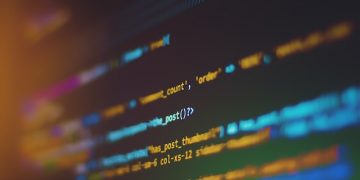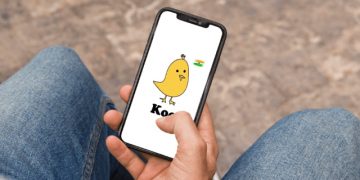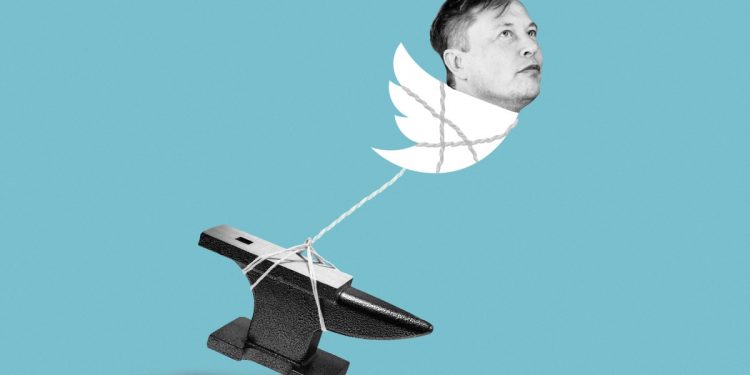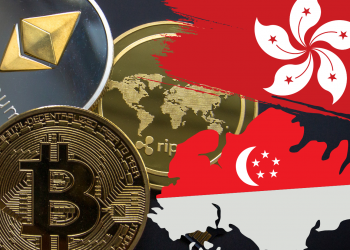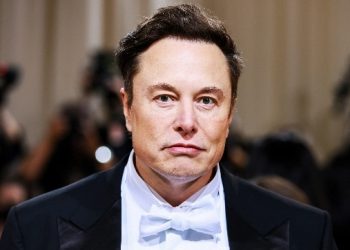This, though, is just one possibility in the era of Musk, which is just beginning. Now that “the bird is freed,” as he wrote Thursday after officially taking over, many users are concerned that after years of slow improvements to the site’s functionality, policies, and moderation processes, the billionaire’s buyout will broadly result in its degradation.
These fears aren’t without justification: while so much of what Musk will do leaves us guessing, he has been clear that under his leadership, there will be sweeping policy changes. In addition to potentially following the local laws of authoritarian governments, this could include a loosening up of the platform’s speech rules and a user authentication requirement that would challenge the ability of users to remain anonymous. He has also made a number of pithy and sometimes contradictory statements about how he believes the site should moderate content—among them, that Twitter should and will remove only speech that is illegal.
And there are already moves that we don’t have to guess about. While Musk recently walked back claims that he planned to lay off one-third of the company’s workforce, it was reported late on Thursday that top executives had been fired and “hastily escorted” from the company’s headquarters. This included Vijaya Gadde, the company’s head of legal policy, trust, and safety, whom Musk had antagonized in an April tweet.
Gadde’s tenure was not without controversy, but under her leadership the legal team made significant policy strides, many of which aimed at protecting the platform’s most vulnerable users. Twitter pushed back at attempts by US courts to unmask anonymous users; cracked down on botnets and other influence operations; worked with the government of New Zealand to develop tools to facilitate independent research on the impacts of user interactions with algorithmic systems; banned political ads in the run-up to the 2020 US elections; and hired researchers to study the health of discourse on the site.
For many of Twitter’s vulnerable users, these changes represented great strides from its early days as the “free speech wing of the free speech party,” where just about anything—including terrorist content, harassment, and hate speech—could be found. But Musk has stated that “free speech is the bedrock of a functioning democracy, and Twitter is the digital town square where matters vital to the future of humanity are debated.” While he’s recently tempered earlier statements by saying that he won’t turn Twitter into a “free-for-all hellscape,” it seems pretty clear that the new chief intends to roll back some of Twitter’s rules.
Musk has also said that he would cut back on Twitter’s attempts to fight mis- and disinformation. This would be a mistake. Twitter has carefully crafted policies and tools that allow for free discourse while inhibiting the spread of false content, such as prompts that encourage users to actually read what they’re sharing, and labels that provide additional context to potential misinformation. With major elections approaching in dozens of countries in the coming two years, these tools are essential for ensuring that Twitter remains a space for civic engagement.
Source by www.technologyreview.com




